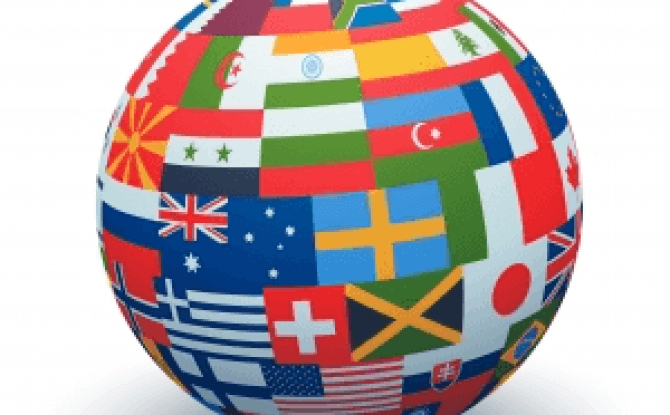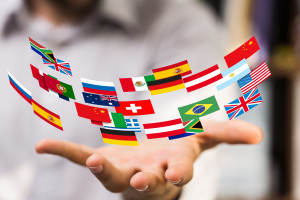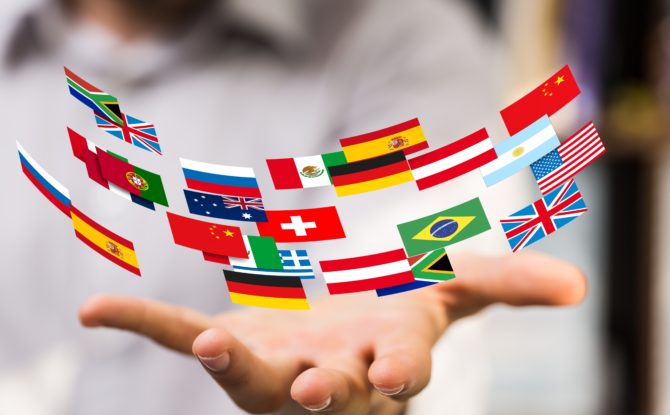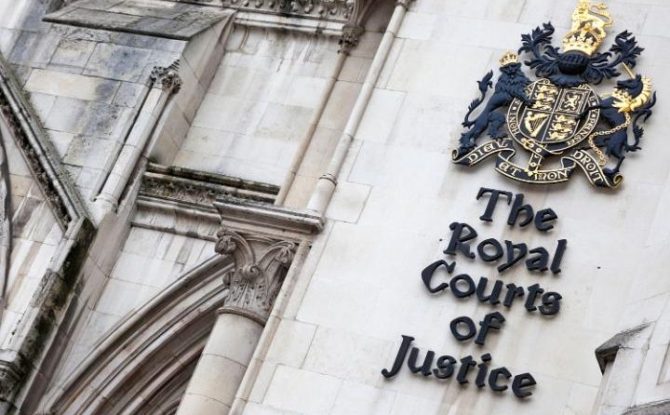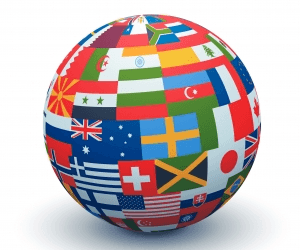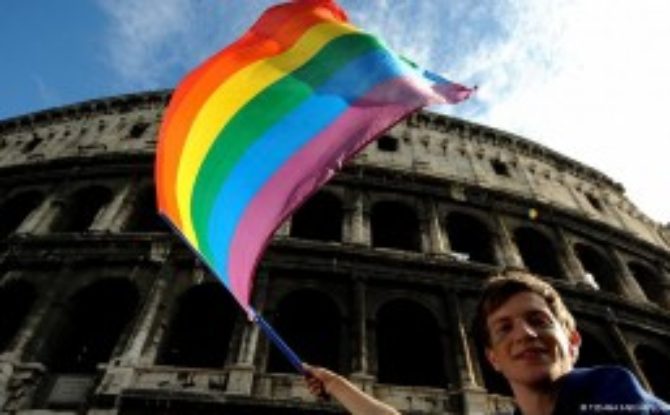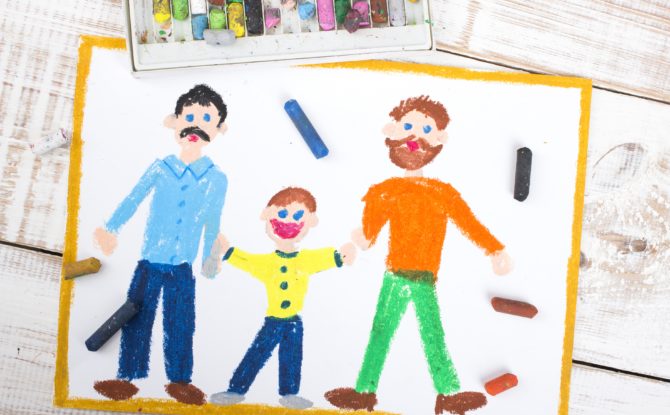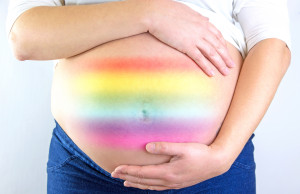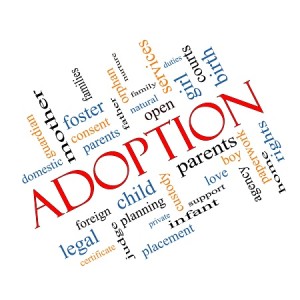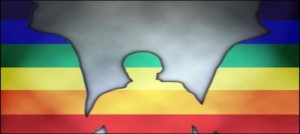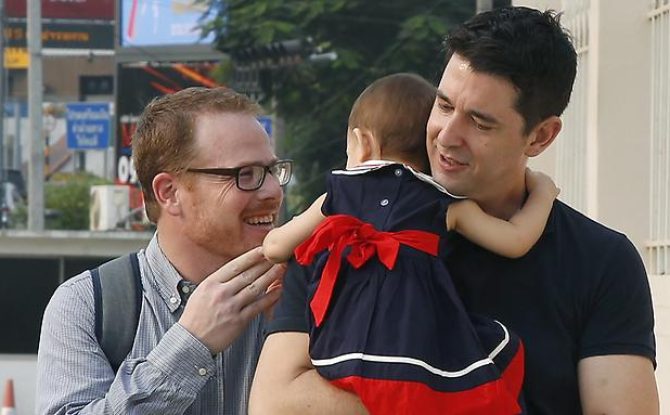The options for becoming parents are narrowing for gay couples as both developed and developing nations increasingly outlaw surrogacy, many becoming reproductive refugees.
Gay couples who need surrogacy to start a family are now reproductive refugees as more and more countries outlaw surrogacy, according to advocacy group Families Through Surrogacy.
With surrogacy criminalized in many Western countries, would-be parents have typically turned to developing nations including Thailand, India and Nepal to find surrogates. But even these countries have, in recent years, closed their doors to international surrogacy. What’s more, countries that do still allow international surrogacy – such as Ukraine, Georgia and Israel – do not extend that offer to same-sex couples.
Sam Everingham, executive director of Australian advocacy group Families Through Surrogacy, told The Atlantic that outlawing reproductive rights for gay couples in their own countries sent them on ‘a constant chase’ across the globe, with more and more countries officially outlawing the practice as time goes on.
According to Doron Mamet, the head of Israeli surrogacy agency Tammuz, surrogacy has become such a political sticking point that it may not be available anywhere within the next ’10 to 15 years’. Interestingly, Mamet points out, while politicians and anti-surrogacy activists are eager to stamp out the practice, ‘The only group that wants it to continue are the people in need and the surrogates.’
Why outlaw surrogacy in developed countries?
In Australia, couples found to have practised commercial surrogacy in the country can go to jail for three years.
Australia’s federal government has recently ordered a review of the nation’s surrogacy laws, following high-profile cases of surrogacy gone wrong abroad. The government appears to be in favor of commercial surrogacy remaining illegal in the country, forcing gay parents to fork out huge sums for surrogates in the US, as cheaper options in developing countries dwindle.
UK gay couples find themselves with the same problem, as UK law also criminalizes commercial surrogacy.
In an interview with Gay Star News, the founder of gay parenting blog Gay Dads Australia, Rodney Chiang-Cruise, told of the frustration the gay community felt about criminalization of commercial surrogacy in Australia. He argued that legalizing the process within Australia would help make it ‘a fair, equitable, respectful process for all parties’. See more on that here.
While altruistic surrogacy is legal in Australia, figures from Families Through Surrogacy show that just 35 babies were born through altruistic surrogacy in Australia in 2013. Conversely, more than 400 babies were born to Australians through surrogacy abroad.
The cost of going through the surrogacy process in the US is around AUD $200,000.
GayStarNews.com by Laura Chubb, June 7, 2016
Click here to read the entire article.


